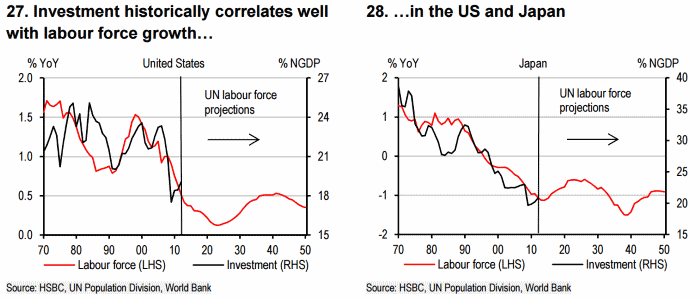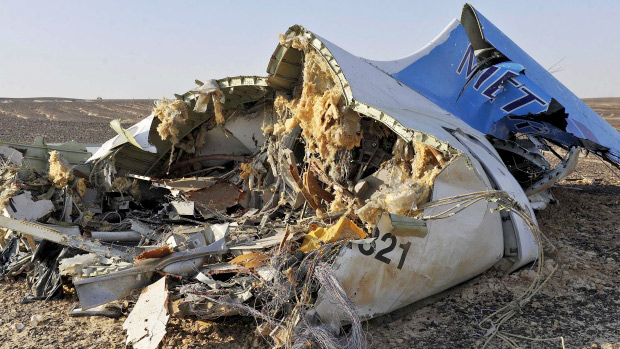♠ Posted by Emmanuel in Caribbean
at 12/29/2015 07:28:00 PM
 |
| You aren't smokin' ganja--Jamaica's stock market is tops in the world for 2015. |
Amid the middling returns of the world’s best known indexes -- the Dow Jones Industrial Average dipped about 1 percent, the Euro Stoxx 50 lost 6 percent in dollar terms-- foreign acquisitions, stronger investor safeguards and a rebounding economy helped the Jamaica Stock Exchange surge more than 80 percent in 2015.To be sure, economic growth reaching 1.4% in 2015 is hardly spectacular for a developing country. It also has one of the world's highest debt service burdens. Nor has the country definitively solved its high crime rate. Still, following the saying that every dog has its day, even the perpetual laggard Jamaica's stock market has done well because everyone else's isn't really doing any better by comparison.
With a market capitalization of about $5.3 billion (the Dow has $5.23 trillion), Jamaica lives on the fringe of frontier status. And although the exchange’s benchmark index lost 5 percent last year and 13 percent in 2013, investors should pay attention, according to Carl Bennett, a vice president of investor relations at Bank of New York Mellon. “I’m really impressed with what they’ve done to attract capital to the market,” he said, pointing to new measures to combat insider trading and market manipulation.
With economic growth forecast to accelerate for a third straight year, reaching 1.4 percent in 2015 according to estimates compiled by Bloomberg, the Caribbean island of 2.8 million people is slowly emerging from recession while struggling with one of the world’s highest debt burdens. The government has restructured local bonds twice since 2010, accepting an International Monetary Fund-led financing package in 2013. That didn’t deter individual Jamaicans and institutional investors from pouring money into local stocks this year, said Jovano Johnson, an equity trader at Kingston-based Mayberry Investments Ltd.
Call it a case of Jamaica's situation not possibly getting worse resulting in a stock market rally of sorts. The real question is if this momentum can be continued.





















